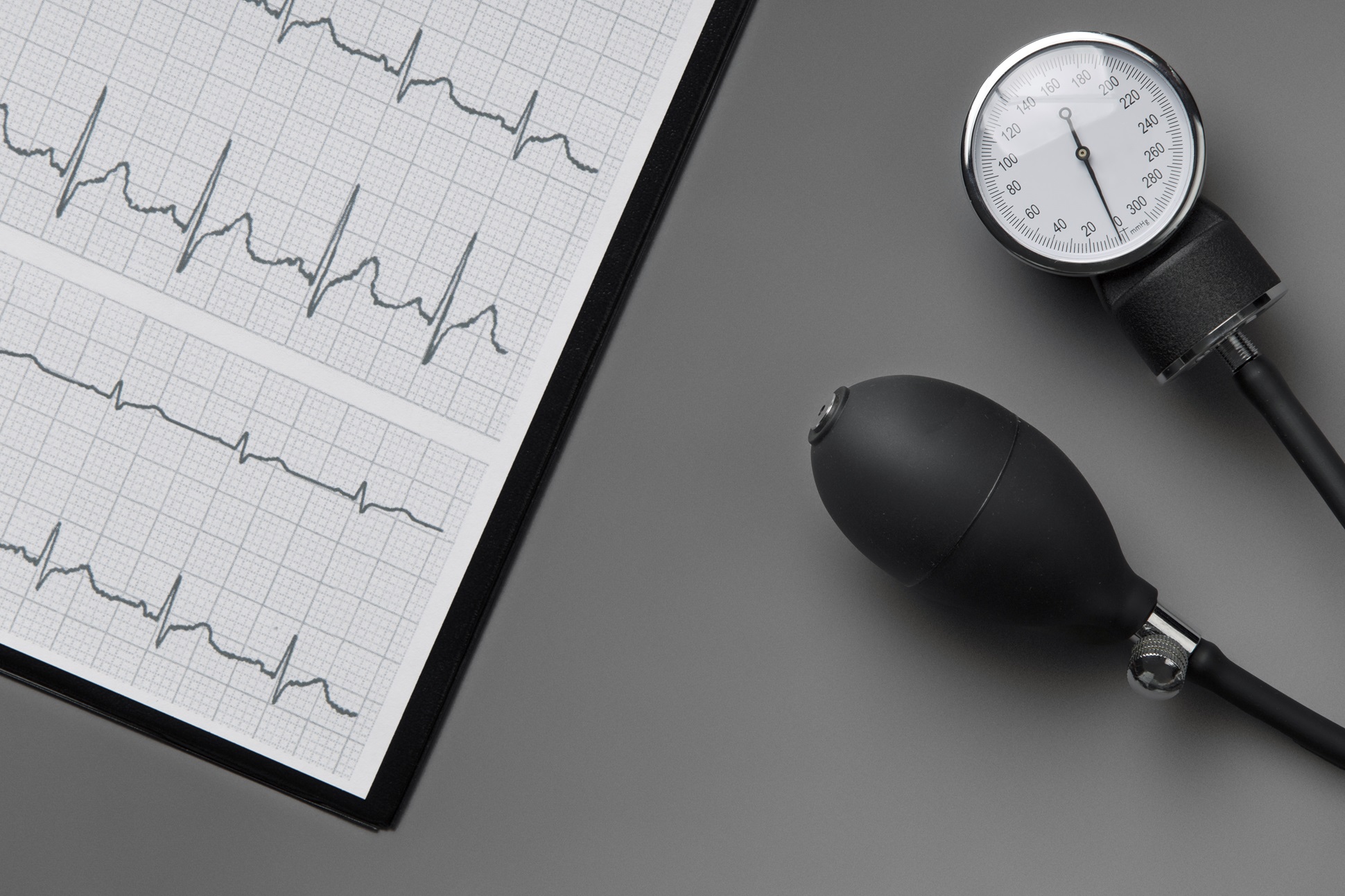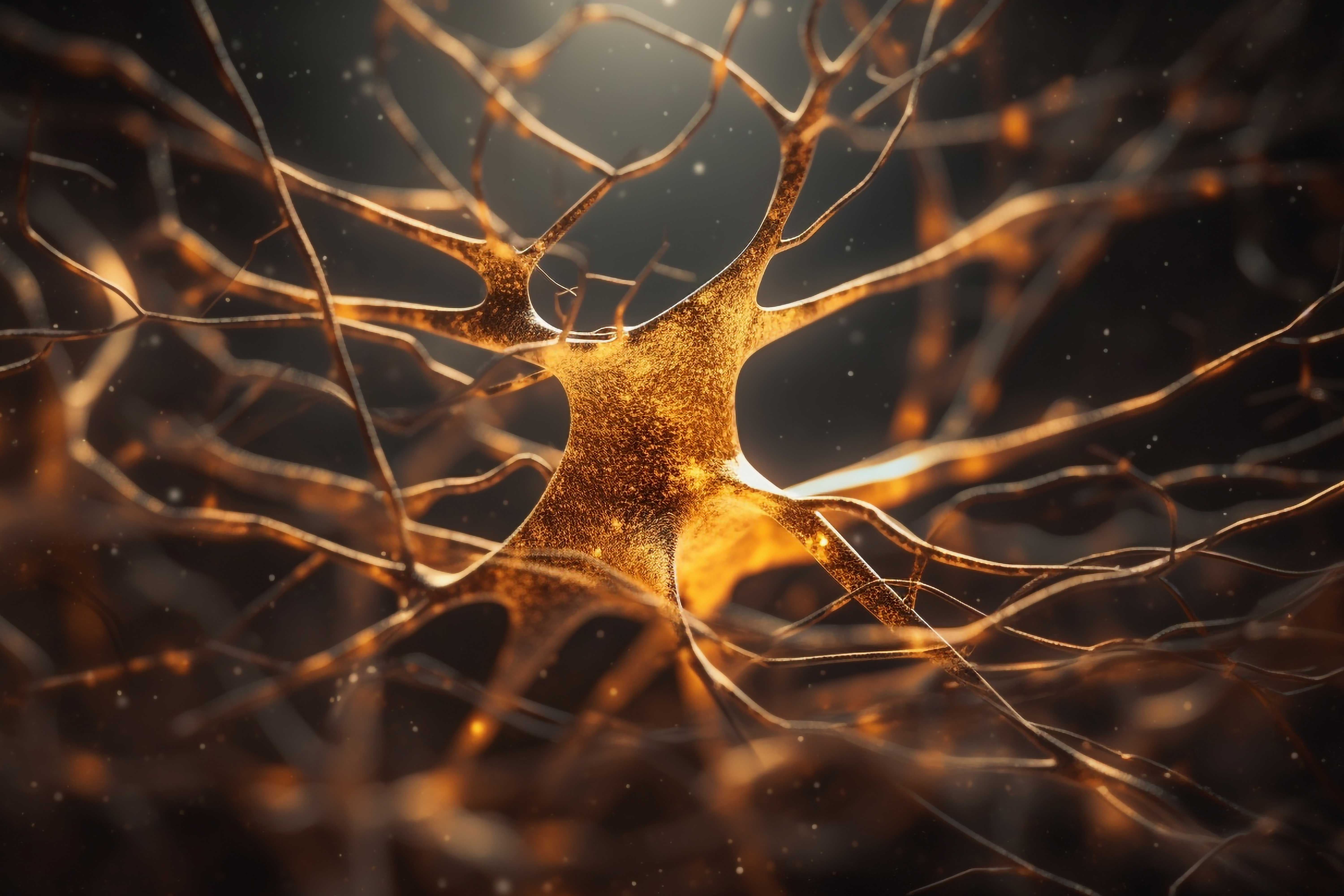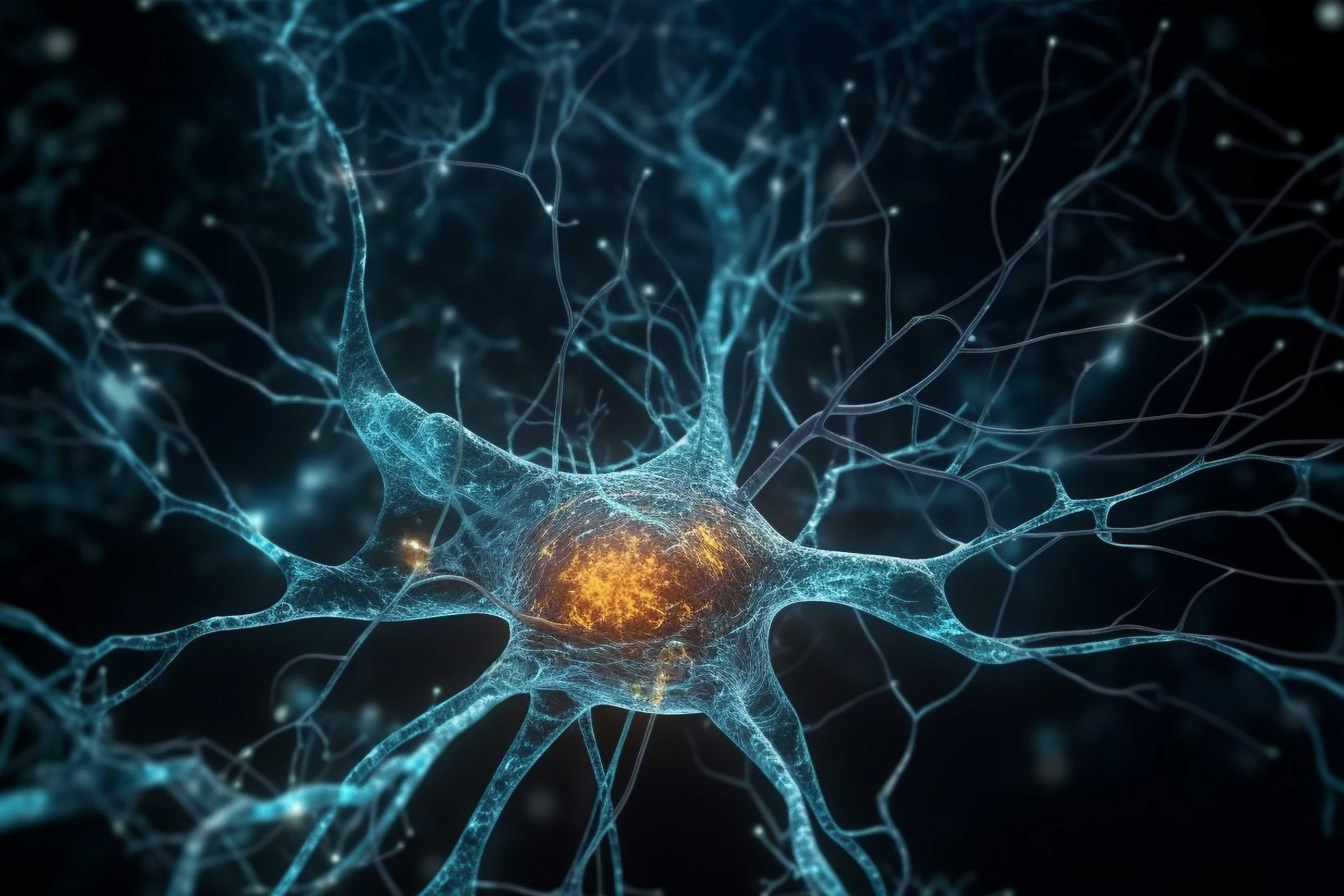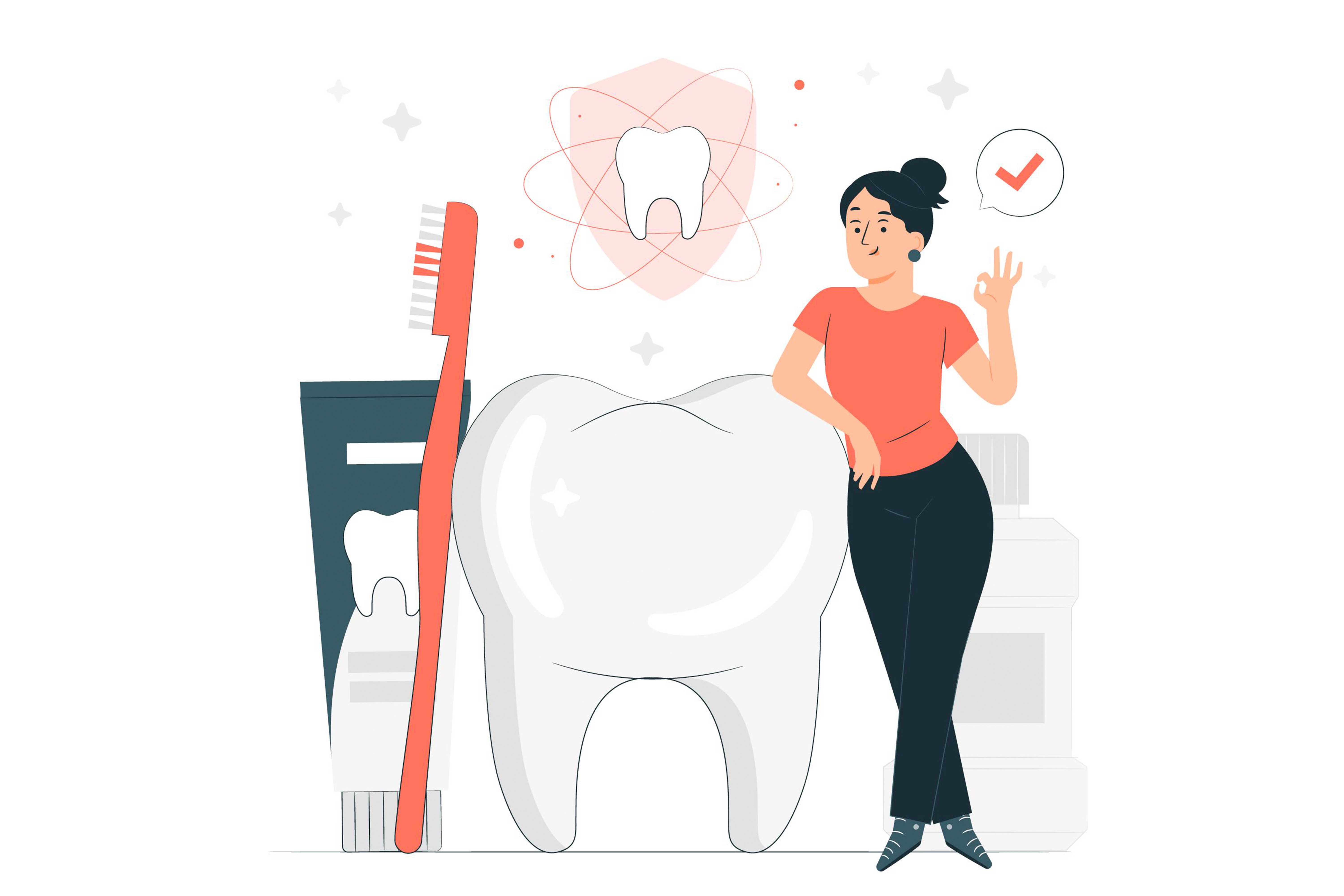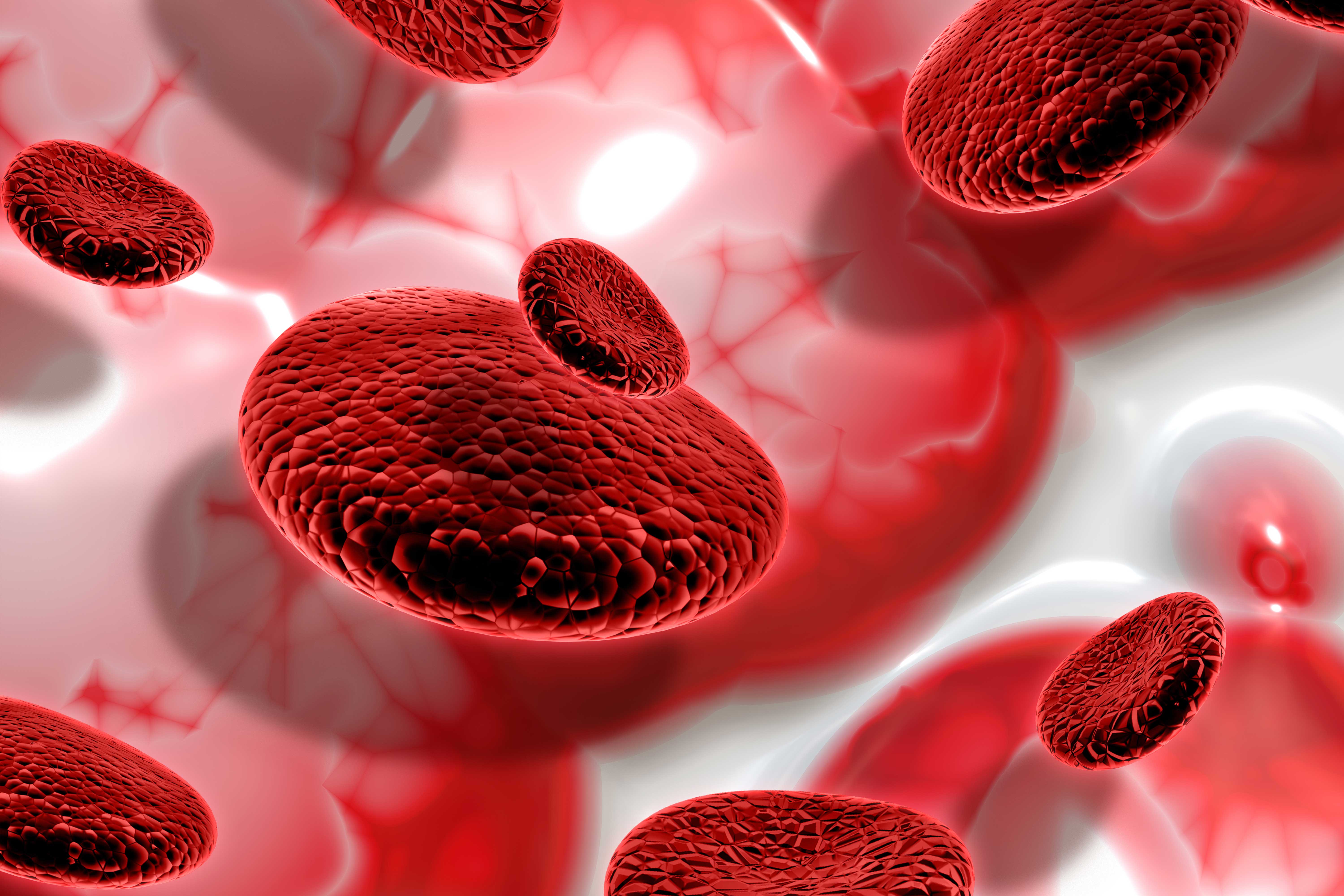Proper Use of Food Supplements

Proper use of food supplements
Worldwide, the use of dietary supplements is unfortunately not encouraged in modern healthcare systems. Some even perceive it as a financial trap. However, in today's world, with personalized health programs, holistic treatments, inpidualized consultations, and health coaching models becoming more widespread and the benefits being subject to increasing research every day, it is essential to understand dietary supplements.
What is a dietary supplement?
As the name suggests, a dietary supplement is a product that helps the body get the necessary vitamins, minerals, and trace elements that we may not receive enough of from regular food. It is a general term for products obtained from extracts of foods that do not meet nutritional needs but are beneficial.
Why do we need dietary supplements?
Dietary supplements are supportive products used to address deficiencies in our nutritional regimen or to achieve specific health goals. The essential reasons for their need may include:
Nutritional deficiencies: Some inpiduals may not obtain sufficient amounts of specific nutrients. For instance, those following a vegan or vegetarian diet may experience a deficiency in vitamin B12. Dietary supplements can assist in providing the body with the necessary nutrients.
Special conditions and needs: Special conditions such as pregnancy, breastfeeding, aging, or certain health conditions may increase inpiduals' vitamin and mineral needs. Dietary supplements may be recommended in these situations.
Exercise and sports performance: Inpiduals engaged in intense physical activities or sports may have increased requirements for certain nutrients. Supplements containing proteins, amino acids, vitamins, and minerals can support athletes' performance.
Weak immune system: In some cases, the need for vitamins and minerals that strengthen the immune system may not be adequately met through nutrition. In such instances, dietary supplements can help the immune system.
Chronic diseases and treatments: Certain chronic diseases or treatments (e.g., iron deficiency anemia) may require nutrients that cannot be obtained through a regular diet. Dietary supplements can be used to support the treatment process.
Nutrient losses: Various factors, such as incorrect agricultural practices, environmental factors, and improper storage and transportation, can lead to a decrease in the nutritional values of foods. Between 1995 and 2002, the nutritional values of 100 varieties of fruits and vegetables were compared. The results showed a decrease from 72% to 36% in the vitamin-mineral ratio between 1995 and 2002. The use of agricultural pesticides today is one of the reasons for the loss of vitamins and minerals in growing out-of-season crops.
Physiological factors leading to micronutrient deficiencies
Several physiological factors can lead to micronutrient gaps that affect the human body. Micronutrient deficiencies are often attributed to various physiological factors. Here are some significant physiological factors causing micronutrient deficiencies:
Inadequate nutrition: Unbalanced or insufficient nutrition significantly influences providing the body with essential micronutrients. Dietary habits should be organized to meet inpiduals' vitamin and mineral needs.
Malabsorption: Digestive system diseases or disorders in the functioning of digestive organs can lead to malabsorption, preventing the adequate absorption of micronutrients. This condition can make it challenging for the body to obtain the necessary micronutrients.
Metabolic diseases: Some genetic or metabolic diseases can impede the normal utilization of micronutrients in the body. For example, genetic diseases like phenylketonuria can affect the metabolism of certain amino acids.
Chronic diseases: Some chronic diseases can either increase or decrease the body's micronutrient requirements. For example, diseases that cause continuous inflammation, such as inflammatory bowel disease, can affect micronutrient absorption.
Imbalance in gut microbiota: Imbalances in gut microbiota can impact the absorption and metabolism of micronutrients. Disturbances in intestinal flora can particularly affect the production of certain vitamins.
Pregnancy and lactation: Pregnancy and lactation periods increase micronutrient needs. Inadequate nutrition or micronutrient deficiencies during these periods can negatively impact the health of both the mother and the baby.
Aging: The aging process can affect the body's ability to absorb and utilize certain nutrients. Therefore, micronutrient deficiencies may be more common in elderly inpiduals.
Alcohol and drug use: Excessive alcohol consumption or drug use can impair nutrient absorption, leading to micronutrient deficiencies.
Intestinal parasites: Intestinal parasites can cause damage to the intestines and disrupt the absorption of micronutrients. This condition is particularly prevalent in developing countries.
Prevention and treatment of micronutrient deficiencies require balanced nutrition, a healthy digestive system, metabolic health, and overall well-being. Additionally, regular health check-ups and monitoring micronutrient levels with the guidance of a healthcare professional are essential.
Symptoms of micronutrient deficiencies due to stress
Micronutrient deficiencies related to stress can result in various health problems. Here are situations that stress-induced micronutrient deficiencies may manifest in the body:
Weak immune system: Stress can weaken the immune system, making the body vulnerable to infections. Deficiencies in micronutrients such as vitamin C, vitamin D, and zinc can adversely affect immune functions.
Fatigue and weakness: Deficiencies in B vitamins (especially B12, B6, and folate), iron, and other essential micronutrients can reduce energy production and oxygen-carrying capacity, leading to general fatigue and weakness.
Emotional and mental issues: Stress can negatively impact emotional health. Deficiencies in omega-3 fatty acids, B vitamins, and magnesium can contribute to mental health issues such as depression and anxiety.
Sleep problems: Stress can disrupt sleep patterns. Micronutrient deficiencies, particularly in magnesium and melatonin, contribute to sleep regulation, can play a significant role in sleep disturbances.
Muscle aches and tension: Stress can cause muscle tension. Magnesium, calcium, and potassium deficiency can contribute to muscle aches and tension.
Intestinal issues: Stress can have a negative effect on the digestive system. Micronutrient deficiencies, including B vitamins, fiber, and probiotics, can affect gut health, leading to various digestive problems.
Skin issues: Stress can negatively affect skin health. Deficiencies in vitamins A, C, and zinc can contribute to skin problems, including acne and other dermatological issues.
Concentration problems: Deficiencies in B vitamins, omega-3 fatty acids, and iron can lead to concentration problems and a decline in cognitive functions.
Hormonal imbalances: Stress can lead to hormonal imbalances. Particularly, deficiencies in vitamin D, B vitamins, and zinc can negatively affect hormonal health.
Each of these conditions demonstrates how stress-induced micronutrient deficiencies can manifest in the body and the potential symptoms they may cause. Balanced and healthy nutrition, stress management, and if necessary, micronutrient supplements can help prevent and treat these conditions.
Are dietary supplements medications?
Dietary supplements are not medications. They do not treat any diseases. However, some symptoms may disappear with the use of dietary supplements because these symptoms often indicate deficiencies in the body. For example, symptoms like anemia, fatigue, weakness, and forgetfulness due to a deficiency in vitamin B12 can be alleviated with the use of supplements containing B12. The human body operates as a remarkable ecosystem. Maintaining a detailed molecular-level system solely through supplement use is not possible. In other words, replacing vitamins, minerals, and trace elements through supplements does not substitute for proper nutrition. When chronic diseases are in question, factors related to lifestyle, stress, and influences on physical well-being take precedence.
Relationship between lifestyle and chronic diseases
If an inpidual has a chronic disease, intervening in their lifestyle is the most appropriate starting point for treatment. This is because treatments without addressing the underlying causes cannot lead to recovery. Incorrect lifestyle choices, with nutrition mistakes at the forefront, contribute to deficiencies in the body, triggering an alarm system. Suppressing this alarm system with medications is possible, but planning supplements to address nutritional deficiencies for a holistic approach tends to yield more effective results. For instance, in a patient with rheumatoid arthritis where inflammation is high, examining their diet may reveal excessive consumption of inflammatory sunflower oil and insufficient intake of anti-inflammatory olive oil. Ratios of olive oil to sunflower oil consumption are determined, and supplementary foods rich in Omega-3 are recommended. Inflammation decreases, and the healing process begins. While dietary supplements do not cure diseases, their significant role in the treatment of diseases has been acknowledged. Improvements related to the use of B12 and Omega-3 in the mentioned examples have been confirmed through numerous clinical studies.
Should dietary supplements be used continuously?
Every vitamin, mineral, and trace element has a half-life. Considering these half-lives, dietary supplements can be used intermittently.
What is the half-life of a dietary supplement?
For example, if you have taken a daily B12 supplement in the form of 1200 mcg of methylcobalamin for one month, the half-life is the time it takes for the plasma concentration of the active substance to decrease by up to 50% after stopping the drug or supplement. In other words, it is the assumed time when half of the B12 you took in a month has been utilized.
The role of dietary supplements in preventing chronic diseases
Deficiencies in vitamins, minerals, and trace elements come to the forefront, especially in chronic diseases. Using dietary supplements in the prevention of diseases, in the correct dosage and as determined by healthcare professionals after necessary tests, can contribute to preventing diseases. Research results have shown that vitamin D supplementation in inpiduals with vitamin D deficiency has contributed to the healing process of chronic diseases.
The role of dietary supplements in preventing inflammatory diseases
Similarly, in diseases related to inflammation, supplementation of Omega-3 fatty acids has contributed to the reduction of inflammation and healing. It is known that inpiduals using Omega-3 and B12 supplements in neurodegenerative diseases experience accelerated recovery.
Hormone supplements are also being used in today's world. For example, patients given a daily 1 mg melatonin supplement for sleep problems or diseases such as Alzheimer's have achieved longer REM sleep and better cognitive function.
Common misconceptions
Misconception: Dietary supplements can be used without the need.
Fact: Dietary supplements can be used without the need, but the dosage should be controlled. Excessive doses of supplements can cause serious harm to the body.
Misconception: Dietary supplements are a non-pharmaceutical treatment method.
Fact: Dietary supplements provide the body with what it needs. However, in the continuation of a disease, pharmaceutical treatment may be necessary.
Misconception: Dietary supplements have side effects.
Fact: Dietary supplements, like medications, can exhibit side effects due to their active ingredients. Prescription is not required to use dietary supplements, but they should be planned based on test results conducted by healthcare professionals.
Calabrese V, et al., Cellular stress response: a novel target for chemoprevention and nutritional neuroprotection in aging, neurodegenerative disorders and longevity. (2008).
https://pubmed.ncbi.nlm.nih.gov/18629638/
Chasens ER, et al., Sleep and Metabolic Syndrome. (2021).
https://pubmed.ncbi.nlm.nih.gov/34023116/
Costenbader K H, et al., Vitamin D and Marine n-3 Fatty Acids for Autoimmune Disease Prevention: Outcomes at Two Years after VITAL Trial Completion. (2024).
https://pubmed.ncbi.nlm.nih.gov/38272846/
Ferenci T, Irregularities in genetic variation and mutation rates with environmental stresses. (2019).
https://pubmed.ncbi.nlm.nih.gov/31600848/
Ge R, et al., Association of long-term exposure to various ambient air pollutants, life, and genetic predisposition with incident cognitive impairment and dementia. (2024).
https://pubmed.ncbi.nlm.nih.gov/38225615/
Gholami F, et al., Effect of melatonin supplementation on sleep quality: a systematic review and meta-analysis of randomized controlled trials. (2022).
https://pubmed.ncbi.nlm.nih.gov/33417003/
Kloska M, et al., [Oxidative stress in etiopathogenesis of inflammatory bowel diseases]. (2020).
https://pubmed.ncbi.nlm.nih.gov/32700508/
Mustafa Khalid N, et al., Current Evidence on the Association of Micronutrient Malnutrition with Mild Cognitive Impairment, Frailty, and Cognitive Frailty among Older Adults: A Scoping Review. (2022).
https://pubmed.ncbi.nlm.nih.gov/36497797/
Parolini C, The Role of Marine n-3 Polyunsaturated Fatty Acids in Inflammatory-Based Disease: The Case of Rheumatoid Arthritis. (2023).
https://pubmed.ncbi.nlm.nih.gov/38248642/
Salman HB, Salman MA, and Yildiz Akal E, The effect of omega-3 fatty acid supplementation on weight loss and cognitive function in overweight or obese inpiduals on weight-loss diet. (2022)








